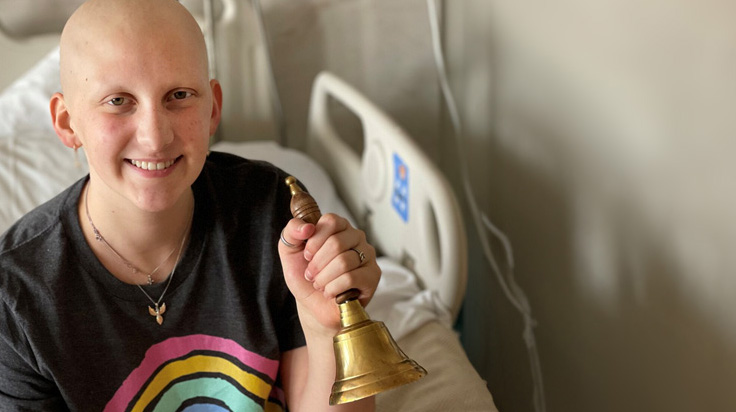Your gift is 100% tax deductible
Access to Medicaid Alone Doesn't Improve Prostate Cancer Care
The Challenge
Beginning in 2014, some (but not all) states expanded the number of people eligible for Medicaid, as part of a provision of the Patient Protection and Affordable Care Act (ACA). With this increased insurance coverage, racial disparities in all causes of death were reduced. But, even with improved access to health insurance, disparities in timely and appropriate access to treatment may result in differences in survival. For example, in a study of prostate cancer patients from 1992-2009, there was a substantial difference in the quality of surgical care patients received based on their race.
For instance, when compared with non-Hispanic White men, Black men waited longer to be treated after a diagnosis of prostate cancer that hadn’t spread outside the prostate. Black men also were less likely to have their prostate surgically removed within 3 months after their diagnosis.
A similar study looked at Black men under the age of 65 who had prostate cancer that couldn’t be felt with a rectal exam. The researchers found that Black men who had state Medicaid health coverage (or no insurance) were more likely to receive conservative management than Black men who had private health insurance. Though conservative management may be appropriate in some cases, these race-based disparities highlight potential differences in access to health care that Black men may face. They may be less likely to have providers offering surgery and/or radiation therapy as a curative treatment option.
The Research
American Cancer Society (ACS) grantee Christopher Filson, MD, MS, and team, hypothesized that increasing access to care through Medicaid expansion would increase treatment for men diagnosed with higher risk prostate tumors.
In my experience as a urologic oncologist, and from my research results, optimizing treatment of men with aggressive prostate cancer likely has to go beyond just granting basic health insurance coverage. We have to identify interventions, be it at the patient, provider, or policy level, that will break deeply ingrained barriers to equitable cancer care for underserved communities of people of color and those with a socioeconomic disadvantage."
Christopher Filson, MD, MS
ACS Grantee
Winship Cancer Institute

To test this, they looked at data from over 15,000 prostate cancer patients who had recently been diagnosed with a higher-risk prostate cancer. They focused on those who had treatment with prostatectomy or radiation therapy (including brachytherapy), comparing patients living in states that expanded Medicaid in response to the ACA to those living in states that did not expand Medicaid.
Filson and his team found that men with prostate cancer who lived in states that expanded Medicaid eligibility were significantly more likely to have Medicaid coverage than those who lived in nonexpansion states. But men with Medicaid coverage had the same treatment and treatment rate as those without any health care insurance coverage.
One explanation Filson gave for the findings was that only about 15% of US residents aged 19 to 64 have Medicaid coverage, so expansion at the state level means only small number of men at risk for prostate cancer are gaining coverage. Plus, barriers to adequate specialist care persists for Medicaid patients.
In a more recent ACS-supported study, Filson’s team discovered racial and regional disparities in care for men with prostate cancer covered by Medicare, with an average age of 72. Overall, about 2% of men with prostate cancer had an MRI before getting a biopsy, which improves detection of significant tumors and decreases detection of less-aggressive tumors. However, 80% of those men lived in California, New Jersey, or Connecticut. Men who lived in less urban areas and Black men were both less likely to have a MRI before their biopsy than those who lived in large metro areas and White men, respectively.
Why It Matters
Filson’s findings demonstrate that Medicaid coverage alone doesn’t completely remove barriers to adequate cancer care for men with low incomes who have prostate cancer. For men whose health care is covered by Medicaid to receive equitable access to prostate cancer and urologic care requires ongoing efforts to improve health policy.



